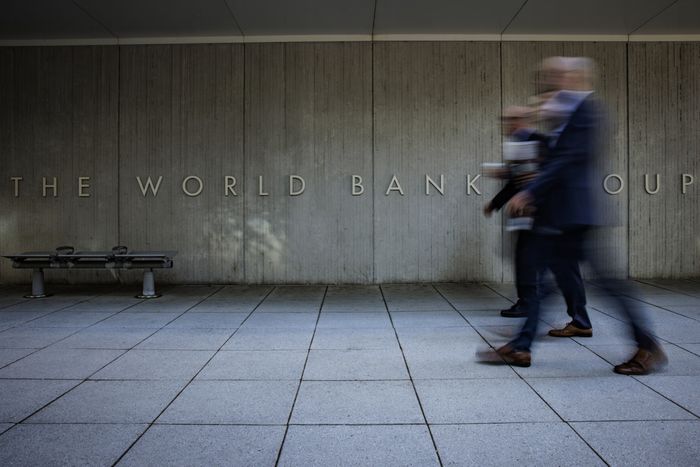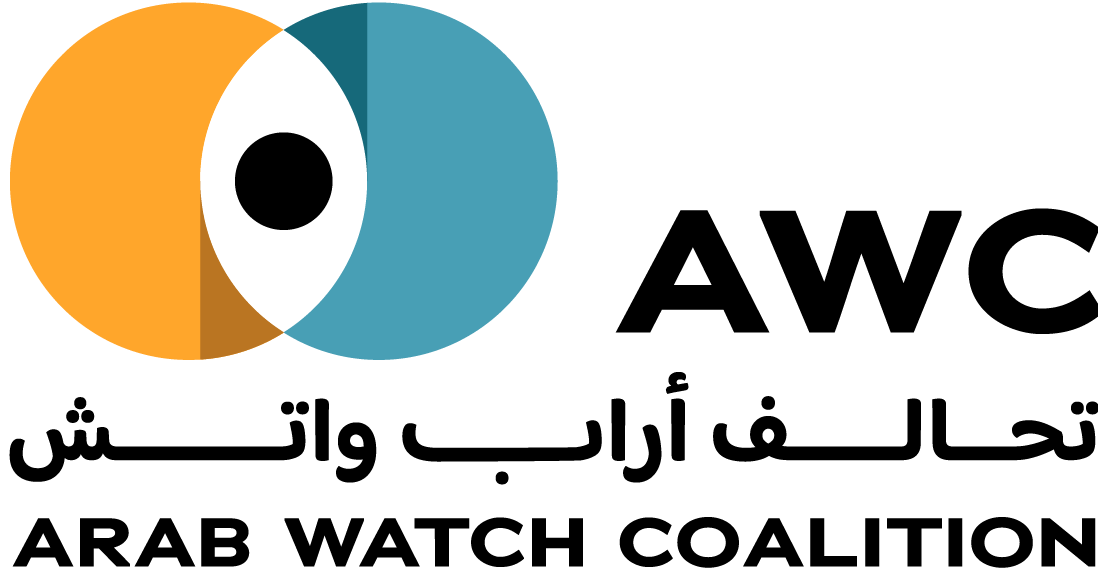A Guide to Access World Bank Project Information and Understand Project Documents for CSOs

Introduction to the toolkit
The Arab region has long faced a gap in awareness regarding the profound influence International Financial Institutions (IFIs) have in shaping development in their respective countries. This gap, when combined with issues such as poor governance, lack of transparency, and fear of reprisals, can lead to projects that do more harm than good. It’s essential to understand that IFIs, such as the World Bank Group and other Multilateral Development Banks, are not commercial banks. The WBG’s goal, for example, is to end poverty and build shared prosperity while upholding strict environmental and social standards. The World Bank is required to work with borrowers to meet these standards and improve project outcomes through due diligence and capacity-building efforts. Accessing information on World Bank-funded projects is an essential first step to monitor the implementation of these projects and hold the Bank accountable for its own standards.
In response to requests from our member and partner organizations across the Arab region, who have encountered difficulties accessing and navigating the institutions’ websites for project information in their countries, we recognize the need to simplify the website’s complexities and its extensive range of documents. This aligns with our mission to support MENA CSOs in engaging with International Financial Institutions (IFIs) and providing technical assistance to help them understand IFI mandates and policies. We are committed to creating a space for meaningful engagement between IFIs and CSOs in the Arab region. For this engagement to be effective, it’s crucial that CSOs and the communities they represent fully understand IFI policies, mandates, and projects. Equipping CSOs with this knowledge enables them to advocate for their communities, hold IFIs accountable, and ensure that development projects benefit the people they are intended to serve.
To address these needs, we are developing toolkits, each series is dedicated to one of the major IFIs active in the region. This series of five toolkits is dedicated to two of the World Bank Groups five institutions; the International Bank for Reconstruction and Development (IBRD) and the International Development Association (IDA). These two institutions- usually referred to as the World Bank– provide funding to the governments. The first one deals with the middle income countries and the second one with the low income countries. The two institutions are combined on one organizational structure and abide by one set of policies.
The first toolkit in this series provides essential guidance on locating information on the World Bank’s website, including clear explanations of key documents and their significance. The second toolkit details the World Bank’s three lending instruments. The third toolkit examines the Environmental and Social Framework (ESF) and its ten Environmental and Social Standards (ESS), applicable to Investment Project Financing (IPF). The final two toolkits will focus on provisions and policies for projects financed through Development Policy Financing (DPF) and Program-for-Results (PforR), demonstrating how CSOs can engage with these policies and hold the Bank accountable to ensure proper implementation.
By learning how to access and leverage this information, CSOs can play a vital role in monitoring projects, ensuring adherence to these standards, and advocating for community benefits.
Click here to read the toolkit
By Mariya Sahnouni
